
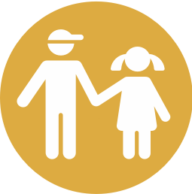
Infants, children, young people and families
Overview
Facts and figures
In 2018, an estimated 5,129 children and young people in Brisbane North are expected to experience severe mental illness and to require treatment for this.
An estimated 30,007 children and young people in Brisbane North are expected to experience moderate or mild mental illness in 2018.
80% of children and young people experiencing moderate mental illness and 50% experiencing mild mental illness will require treatment.
In 2016/17, 1 in 13 students aged between 12 and 17 who participated in the Young Minds Matter survey reported seriously considering suicide, with a third of those attempting suicide.
The 2010 Australian National Infant Feeding Survey showed that 20% of mothers of children aged 24 months or less had been diagnosed with depression, with more than half of these mothers reporting being diagnosed during the perinatal period.
Objectives and actions
Action
Planned completion
Status
9.1.1
Develop a common language and understanding of key system concepts across the child and youth mental health sector
Planned completion
Ongoing
Status
On track
9.1.2
Identify service and workforce gaps and develop responses to address these
Planned completion
Ongoing
Status
On track
9.1.3
Use combined resources more flexibly and collaboratively to assist in bridging the gap between services, in particular between state and federally funded services
Planned completion
Ongoing
Status
On track
9.1.4
Actively advocate for stakeholders to work collaboratively to meet needs of the cohort described as the ‘missing middle’
Planned completion
Ongoing
Status
On track
Action
Planned completion
Status
9.2.1
Develop a shared common language of crisis and suicide risk across the child and youth sector
Planned completion
Ongoing
Status
On track
9.2.2
Support and build the capacity of community-based organisations to respond to suicide risk
Planned completion
Ongoing
Status
On track
9.2.3
Improve GP assessment and response to children and young people at risk of suicide
Planned completion
Ongoing
Status
On track
9.2.4
Improve children, young people and families’ experience when in crisis
Planned completion
Ongoing
Status
On track
Action
Planned completion
Status
9.3.1
Improve the capacity of the service system to engage and build relationships with children, young people and families
Planned completion
2020/21
Status
On track
Updated
9.3.2
Support the development of enduring relationships between mental health services and with other relevant sectors
Planned completion
2020/21
Status
On track
Updated
Action
Planned completion
Status
9.4.1
Improve mental health services and supports for priority groups of infants, children and young people at higher risk of mental health issues
Planned completion
Ongoing
Status
On track
9.4.2
Create better Lived/Living Experience engagement strategies at the service and systems level
Planned completion
Ongoing
Status
On track
9.4.3
Implement service models that better respond to families with complex health needs, including better integration of adult and infant/child services
Planned completion
Ongoing
Status
On track
Action
Planned completion
Status
9.5.1
Trial and evaluate innovative service delivery modalities that increase equitable access for children, young people and families, including telehealth and outreach
Planned completion
Ongoing
Status
On track
9.5.2
Improve transitions for children and young people between children’s and adults services
Planned completion
2021/22
Status
On track
Updated
9.5.3
Improve Consumer and service provider navigation of services and between service systems
Planned completion
Ongoing
Status
On track
9.5.4
Implement integrated and coordinated service delivery models that place children, young people and their Carers at the centre of their care
Planned completion
Ongoing
Status
On track
9.5.5
Support GPs' central role in the child and young person's care
Planned completion
Ongoing
Status
On track
Action
Planned completion
Status
9.6.1
Advocate for specialised acute mental health treatment programs that promote the attachment between mother and baby (ie Mother Baby Unit) and have consumer co-design input
Planned completion
Ongoing
Status
On track
Updated
9.6.2
Support evidence-informed antenatal education programs across Brisbane North
Planned completion
2021/22
Status
On track
9.6.3
Work with consumers, service providers, and other stakeholders to identify current perinatal and infant mental health system needs and future responses
Planned completion
Ongoing
Status
On track
9.6.4
Identify opportunities to advocate for updated and innovative ways to support screening, assessment and pathways to evidence based care of perinatal and infant mental health
Planned completion
Ongoing
Status
On track
9.6.5
Identify workforce development initiatives (including Lived Experience workforce), to promote best practice approaches to perinatal and infant mental health
Planned completion
2021/22
Status
On track
Updated
Action
Planned completion
Status
9.7.1
Equip initial touchpoints witih the increased ability to identify, connect and respond to children and young people with mental health difficulties
Planned completion
Ongoing
Status
On track
9.7.2
Implement strategies that increase protective factors against mental ill-health for children and young people
Planned completion
2021/22
Status
On track
Updated
9.7.3
Support and implement services that identify vulnerable children and intervene early
Planned completion
2021/22
Status
On track
Updated
Governance
The Infant, Child and Youth Mental Health Partnership Group was originally established to support development of the Infant, Child and Youth section of Planning for Wellbeing. Since the launch of Planning for Wellbing, the Group’s focus has shifted to the provision of guidance and oversight. The Group is comprised of stakeholders and community members with a vested interest in improving outcomes for infants, children and young people in the Brisbane North community. The Infant, Child and Youth Mental Health Partnership Group has direct oversight over implementation of Chapter Nine – Infants, Children, Young People and Families within Planning for Wellbeing.
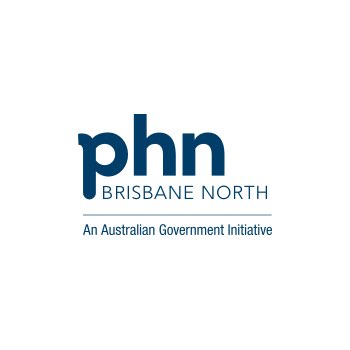
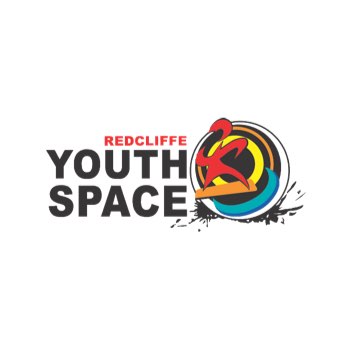

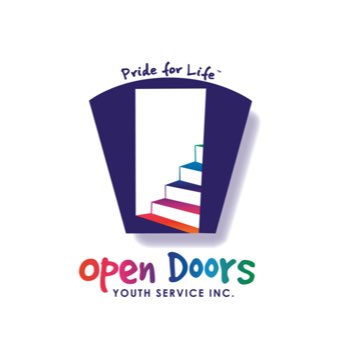

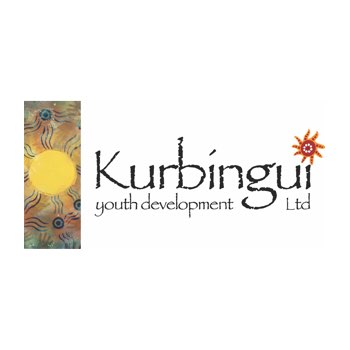

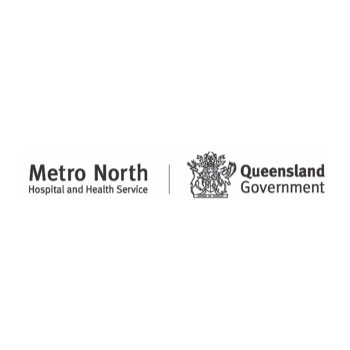
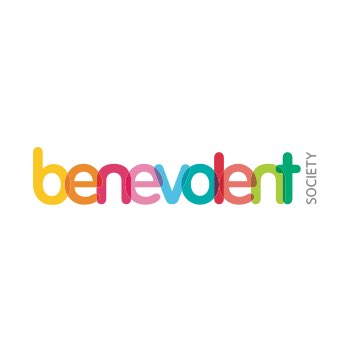
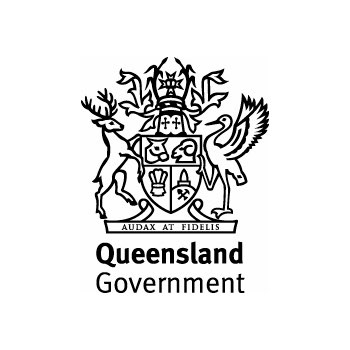
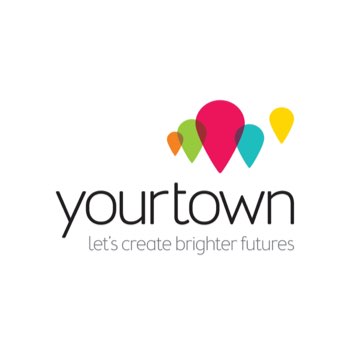
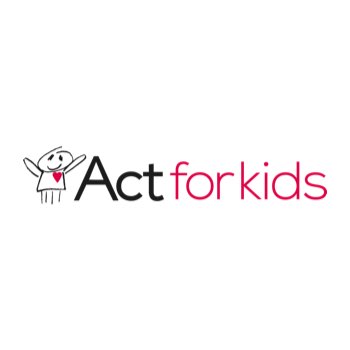
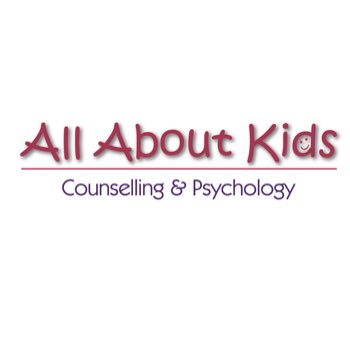
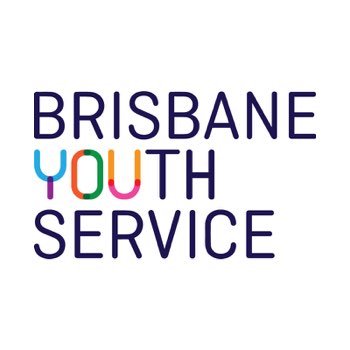
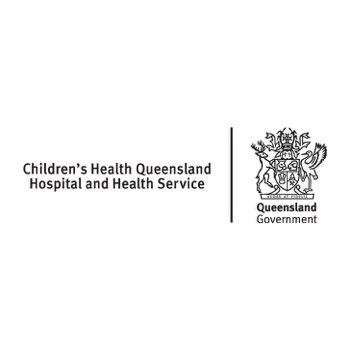
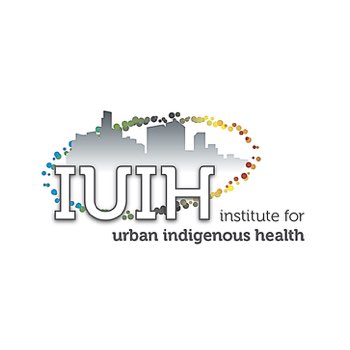
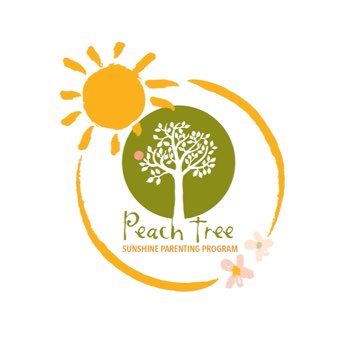
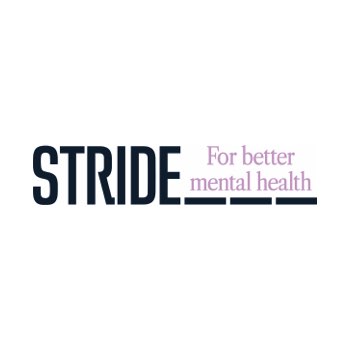

Membership
Amy Lee Mayes
Executive Manager
Redcliffe Area Youth Space
Annabel Wild
Resource & Content Writer
Act for Kids
Ash Simpson
Regional Manager - Youth Integrated Services
STRIDE
Belinda Blaik
Manager - Clinical services
Pregnancy counselling link
Brigitte Lewis
Caseworker
Caboolture Youth Justice Centre
Callie Hooper
Child and Family Practitioner
The Benevolent Society
Catherine Rawlinson
Service Development Leader
Queensland Centre for Perinatal and Infant Mental Health
Catherine White
Community Services Manager – Youth and Family
Lutheran Services
Chloe Robinson
Service Manager, STRIDE Kids
STRIDE
Chris Pickard
General Manager
Open Doors Youth Service
Dianne O'Malley
Director
Young Minds
Erin Boath
Coordinator, Dual Diagnosis Program
Brisbane Youth Service Inc
Glenda Jones-Terare
Chief Executive Officer
Kurbingui Youth Development Association Inc
Genevieve Fleming
Team Leader
Peach Tree Perinatal Wellness Inc
Gretel Gardner
Senior Program Manager
Mercy Community
Hayley Blackburn
Senior Program Manager
Mercy Community
Jamie Thompson
Centre Manager
headspace - Taringa
Jess Nicol
Community Programs Coordinator
yourtown
John Edwards
Family Support Services Manager (SE QLD)
yourtown
Kathryn Kenny
Business Manager
Redcliffe Area Youth Space
Kathy Faulkner
Manager, Priority Communities
Brisbane North PHN
Lauren Johnson
Family Support Services Manager
yourtown
Leshay Chong
Regional Social Health Manager
Institute for Urban Indigenous Health - Caboolture (IUIH)
Mahalia King
Lived Experience Representative
Meenakshi Sundaram Shanmugam
Child Psychiatrist
Child and Youth Mental Health Service (CYMHS)
Michelle Costello
Program Development Officer
Brisbane North PHN
Natasha Malmstrom
Lived Experience Representative (Carer)
Rebecca Lloyd-Jones
Acting Manager
QLD Government - Department of Youth Justice
Sam Kilby
Clinical Lead
Open Minds / headspace
Shane Rebgetz
Team Leader
Caboolture Child and Youth Mental Health Service
Simone Bursey
Health Services Senior Manager
Brisbane Youth Service Inc
Thy Meddick
Principal Policy Officer, Child and Youth Team
QLD Government - Department of Health (Mental Health Branch)
Tim Byrne
Program Manager
Youturn / headspace Caboolture
Tom McIntyre
National Education Director
Act for Kids
Vani Naiker
Senior Guidance Officer
QLD Government - Department of Education, Training and Employment
Veronica Curtin
Clinical Services Manager
STRIDE
Regional Youth Advisory Group

Membership
Hannah Walker
Lived Experience Representative
Jasmin Murphy
Lived Experience Representative
Jesse Cotter
Lived Experience Representative
Jeyden Young
Lived Experience Representative
Kai Boswell
Lived Experience Representative
Kathy Faulkner
Manager, Priority Communities
Brisbane North PHN
Mahalia King
Lived Experience Representative
Michelle Costello
Program Development Officer
Brisbane North PHN
Achievements
Planning for Wellbeing acknowledges a healthy early childhood is fundamentally linked to wellbeing and positive long-term health outcomes – and this is reflected in the shared objectives, with a strong focus on perinatal, infant and school-based activities.
As co-sponsors of the Regional Plan however, the PHN and HHS acknowledge that the original consultation to develop these objectives and associated actions lacked the breadth of stakeholders necessary to comprehensively develop objectives spanning infants, children, young people and families. To address this, the PHN, guided by the Infant, Child and Youth Mental Health Partnership Group, has undertaken further consultation over the past 12 months, and has revised the objectives and associated actions. For the purpose of this Implementation Report, progress toward the original four objectives is included – however the revised material will be included in the Refreshed Regional Plan – due for release by October 2020.
A summary of the key achievements against the four original shared objectives, as published in Planning for Wellbeing, is included below.
Summary of Achievements (2018-2020)
The PHN HealthPathways team have worked collaboratively with key stakeholders to develop three new Perinatal Pathways focused on the emotional health and wellbeing of mothers pre-pregnancy, during pregnancy and post-pregnancy. Stakeholders included Metro North Perinatal Mental Health Service, the Queensland Centre for Perinatal and Infant Mental Health, Peach Tree Perinatal wellness and the White Cloud Foundation. Alongside the perinatal pathways, a HealthPathway for Infant Mental Health has also been developed – ensuring pathways to care are available for very young children, and their families, who require mental health support. The new Pathways provide health practitioners with clear step-by-step guidance for referring parents, infants and young children to specialised services.
2018 also saw expansion of the State-based perinatal mental health service, resulting in greater reach across the region.
To support achievement of this objective, the PHN and HHS committed to a broader and deeper consultation and co-design process to develop key insights which would determine future areas of work. This process was completed in early 2019, and has informed the revised objectives and actions for this Chapter of the Regional Plan.
Informed by the co-design process, the PHN has procured a specialised psychological therapy service tailored to children and young people, with more flexible funding arrangements to allow for more holistic and connected support. This revised Brisbane MIND service began 1 July 2019.
To date, work to achieve this objective has focused on two key activities:
- Additional funding has been provided to all four headspace[1] centres in the region to support the expansion of services to better support young people with more complex needs, as well as providing outreach support to Bribie Island and Kilcoy regions. The four headspace sites have provided support to more than 7,500 young people.
- asha [2] – a service based in the Moreton Bay North sub-region which combines a clinical model with an existing drop-in youth service, has continued to support young people with high needs, complex problems and suicidal ideation. Early feedback from an external evaluation suggests that asha is filling a recognised need in the region.
[1] https://headspace.org.au/
[2] mental health services for children and young people – www.brisbanenorthphn.org.au
Work to achieve this objective has included the promotion of beyond blue’s Be You [1] resources as appropriate. Be You promotes mental health and wellbeing, from the early years to 18, and offers educators and learning communities evidence-based online professional learning, complemented by a range of tools and resources to turn learning into action.
Work has also begun to explore opportunities for external providers to in-reach into schools – offering much needed specialist support by local providers. This work will continue into 2019/2020.
Success stories
Reviewing the child and youth mental health system
Objective 9.2: Deliver more effective services to infants, children, young people and their families Action 9.2.1:…
Expansion of headspace
Objective 9.3: Improve outcomes for vulnerable young people Action 9.3.2: Enhance delivery of existing youth services…
Improving health assessments for children in out-of-home care
Objective 9.1: Deliver better infant and perinatal support Action 9.1.2: Strengthen assessment of infants and young…

